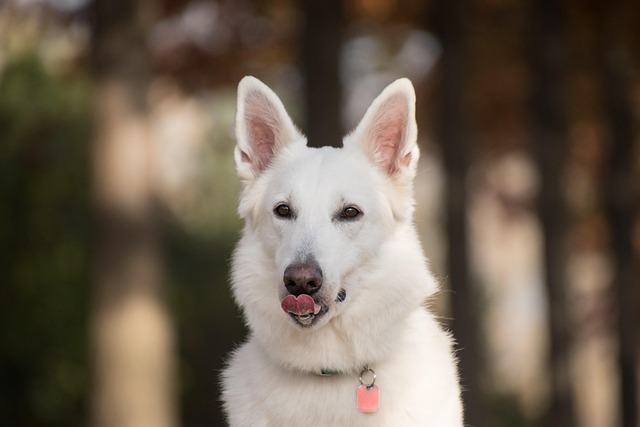
Are Irish setters easy to potty train?
When the Irish setter walks with an elegant pace, its reddish-brown hair shines in the sun, and its lively eyes are full of curiosity and enthusiasm, anyone will be attracted by this unique charm.
The arrival of a new puppy brings endless joy and vitality to the family. However, amidst the joy, owners are often troubled by a series of parenting issues. Among them, the question of "Do you have to crate train a puppy?" has always been the focus of many owners' concerns. This is not only related to the shaping of the puppy's daily habits but also plays a crucial role in maintaining the emotional bond between the owner and the puppy.
From a professional perspective of animal behavior, a crate has a special meaning for a puppy. In nature, canines instinctively seek a safe and hidden space as a habitat, which is an important instinct for their reproduction and survival. For a puppy, a crate is like a simulated exclusive "safe den". When a puppy is in a suitable crate, it can obtain a sense of security similar to that in a wild den within this relatively small and enclosed space, as if snuggling beside its mother, and its inner tension and unease can be relieved. For example, when there are guests at home and the environment becomes noisy, the puppy may feel frightened and uneasy due to the strangeness. At this time, its crate is like a peaceful haven where it can hide and gradually adapt to the changes outside, avoiding excessive stress.
However, many owners have concerns about confining a puppy in a crate, worrying that it will make the puppy feel restricted and thus damage the close relationship between them. In fact, as long as the correct training method is mastered, this concern is unnecessary. The core of crate training is to make the puppy closely associate the crate with positive and pleasant experiences. Don't force the puppy into the crate at the beginning. Instead, take a gradual approach. First, leave the crate door open, place the puppy's favorite toys, a soft and comfortable mat inside, and sprinkle some delicious snacks. Encourage the puppy to enter the crate on its own to explore, and every time it does so, give gentle praise and rewards. In this way, the puppy will gradually regard the crate as its exclusive territory full of joy and warmth.
 In daily life, crate training brings many conveniences to both the puppy and the owner and can also help the puppy develop good living habits. When the owner has to go out and cannot keep an eye on the puppy all the time, placing it in the crate can effectively ensure the puppy's safety. Puppies are naturally lively and curious, and when exploring around the house, they are very likely to come into contact with dangerous items such as wires and cleaning agents. In the crate, it is confined to a safe area, greatly reducing the risk of accidents. At the same time, crate training also has a significant auxiliary effect on the puppy's potty training. Puppies usually don't excrete in the place where they sleep. By making use of this habit and rationally planning the placement and usage time of the crate, it can prompt the puppy to learn to defecate at a fixed point more quickly. Every time the puppy defecates at the specified time and place, give rewards in a timely manner to reinforce this correct behavior. Over time, the puppy can easily develop a good defecation habit.
In daily life, crate training brings many conveniences to both the puppy and the owner and can also help the puppy develop good living habits. When the owner has to go out and cannot keep an eye on the puppy all the time, placing it in the crate can effectively ensure the puppy's safety. Puppies are naturally lively and curious, and when exploring around the house, they are very likely to come into contact with dangerous items such as wires and cleaning agents. In the crate, it is confined to a safe area, greatly reducing the risk of accidents. At the same time, crate training also has a significant auxiliary effect on the puppy's potty training. Puppies usually don't excrete in the place where they sleep. By making use of this habit and rationally planning the placement and usage time of the crate, it can prompt the puppy to learn to defecate at a fixed point more quickly. Every time the puppy defecates at the specified time and place, give rewards in a timely manner to reinforce this correct behavior. Over time, the puppy can easily develop a good defecation habit.
However, crate training is not a necessary option for all puppies. Some owners believe that as long as they give the puppy sufficient company and free activity space, they can still raise a well-behaved dog without crate training. This view makes some sense. If the owner has enough time to accompany the puppy, constantly supervise its behavior, correct bad habits in a timely manner, and the home environment is safe without too many potential dangers, then the puppy can grow healthily without the help of a crate. But for most busy office workers, the importance of crate training becomes evident. It is like a capable assistant that can still create a safe and orderly living environment for the puppy when the owner has no time to accompany it, giving the owner peace of mind.
In the final analysis, crate training a puppy is by no means to restrict its freedom but out of consideration for the puppy's health and safety. Each puppy has a unique personality and adaptability, and the owner should carefully decide whether to carry out crate training according to the specific situation of the puppy. No matter what the final decision is, always start from love, accompany and guide the puppy's growth with heart. After all, our greatest expectation is to see the puppy spend every day healthily and happily under our careful care and establish a deep and beautiful emotional bond with us.

When the Irish setter walks with an elegant pace, its reddish-brown hair shines in the sun, and its lively eyes are full of curiosity and enthusiasm, anyone will be attracted by this unique charm.
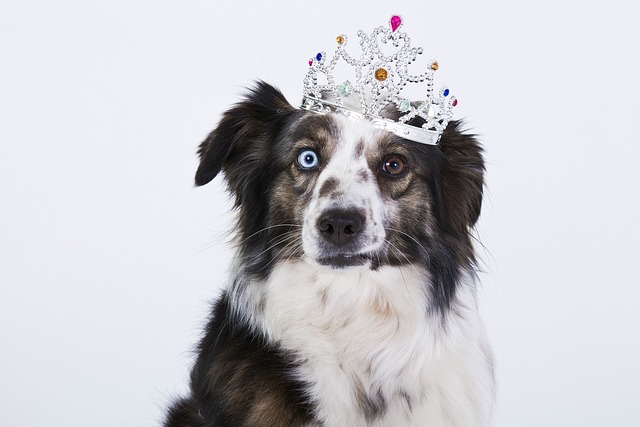
When the furry little life stumbles into our lives, the soft and sticky cry and wagging tail instantly melt the hearts of countless dog owners. However, behind this sweet companionship, puppy potty training is like a mountain in front of them.
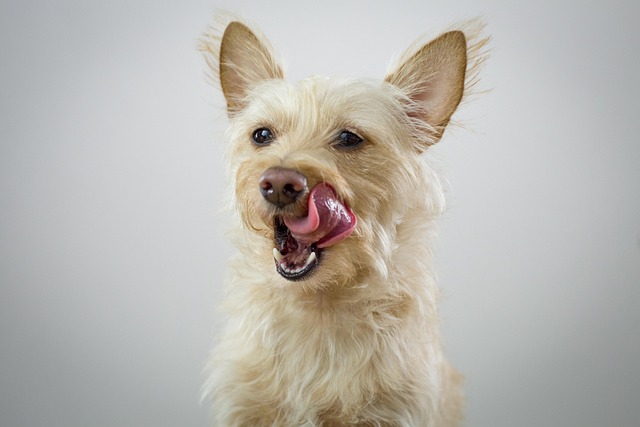
In the steel jungle of the city, more and more people are eager to have a furry companion to add more warmth and companionship to their lives.
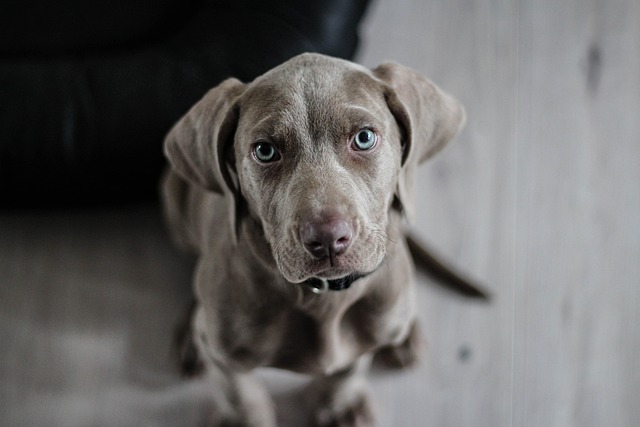
Training puppies to develop good house bowel habits is a process that every pet owner looks forward to and is full of challenges. This is not only about the cleanliness of the home environment,
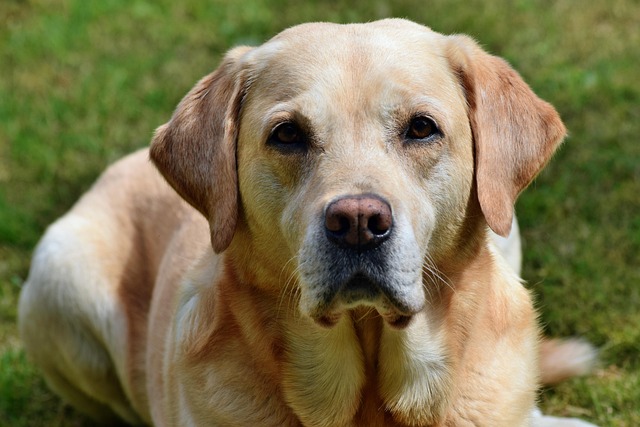
Dog walking is supposed to be a pleasant time for people and dogs to enjoy each other's company, but when the dog drags the leash and rushes around, this beautiful moment is broken.
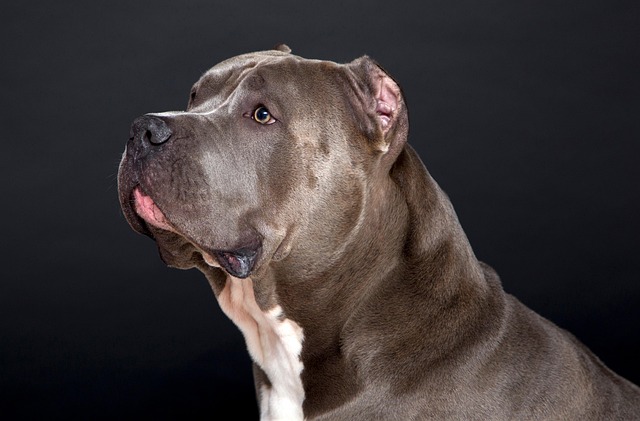
When a dog suddenly poops in a specific area of the house, it not only causes cleaning troubles but also makes the loving owner feel anxious and helpless.